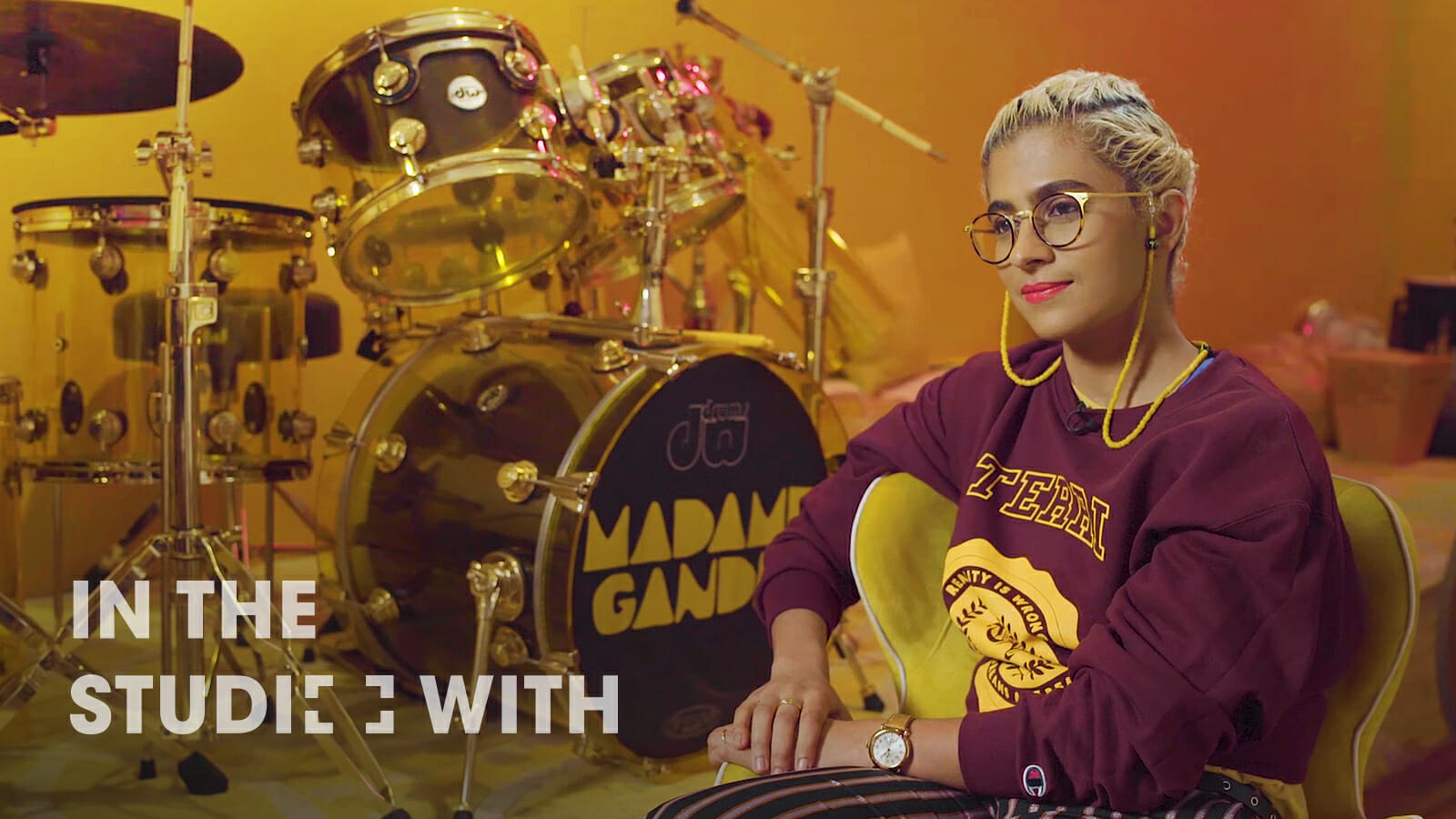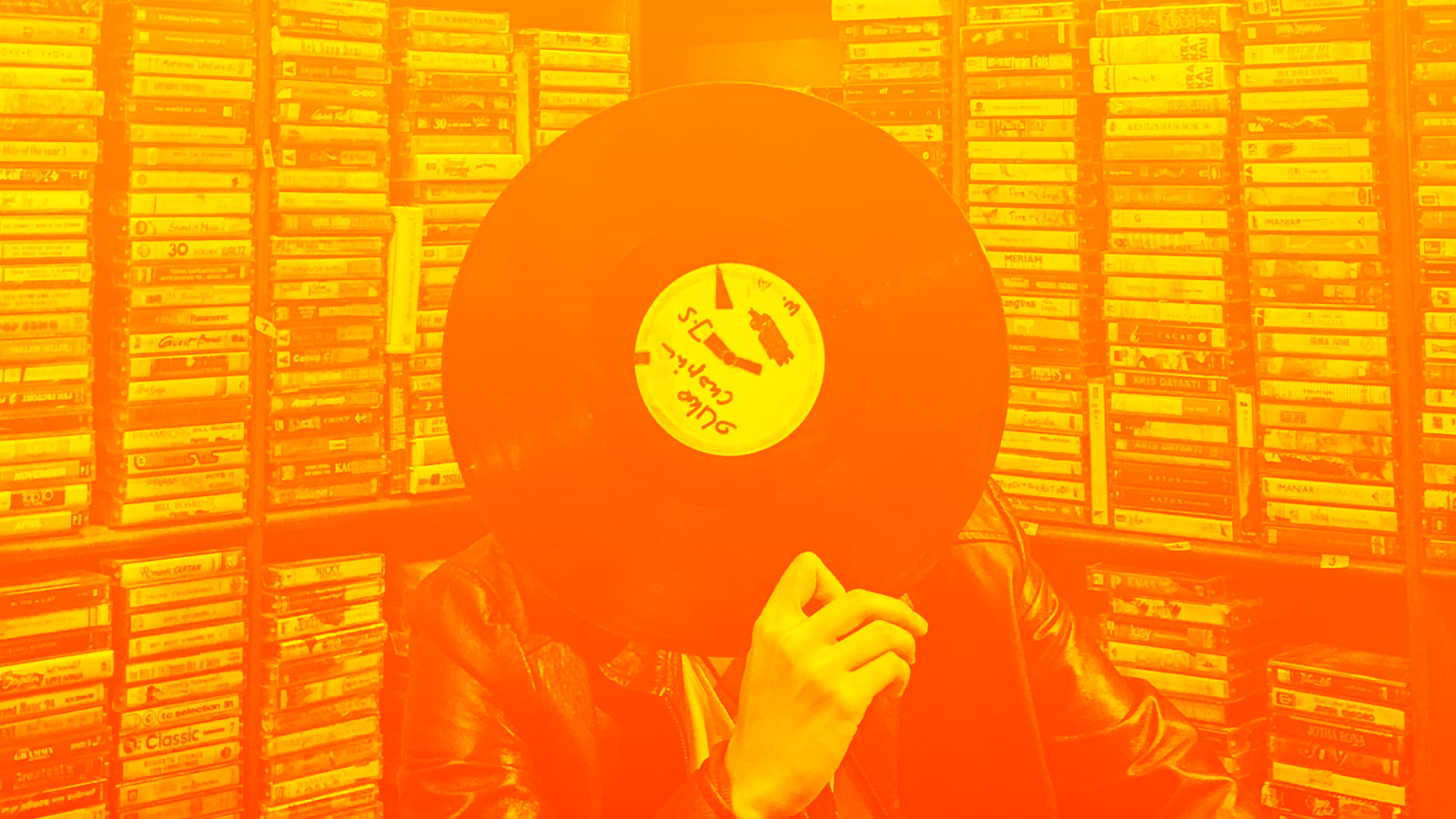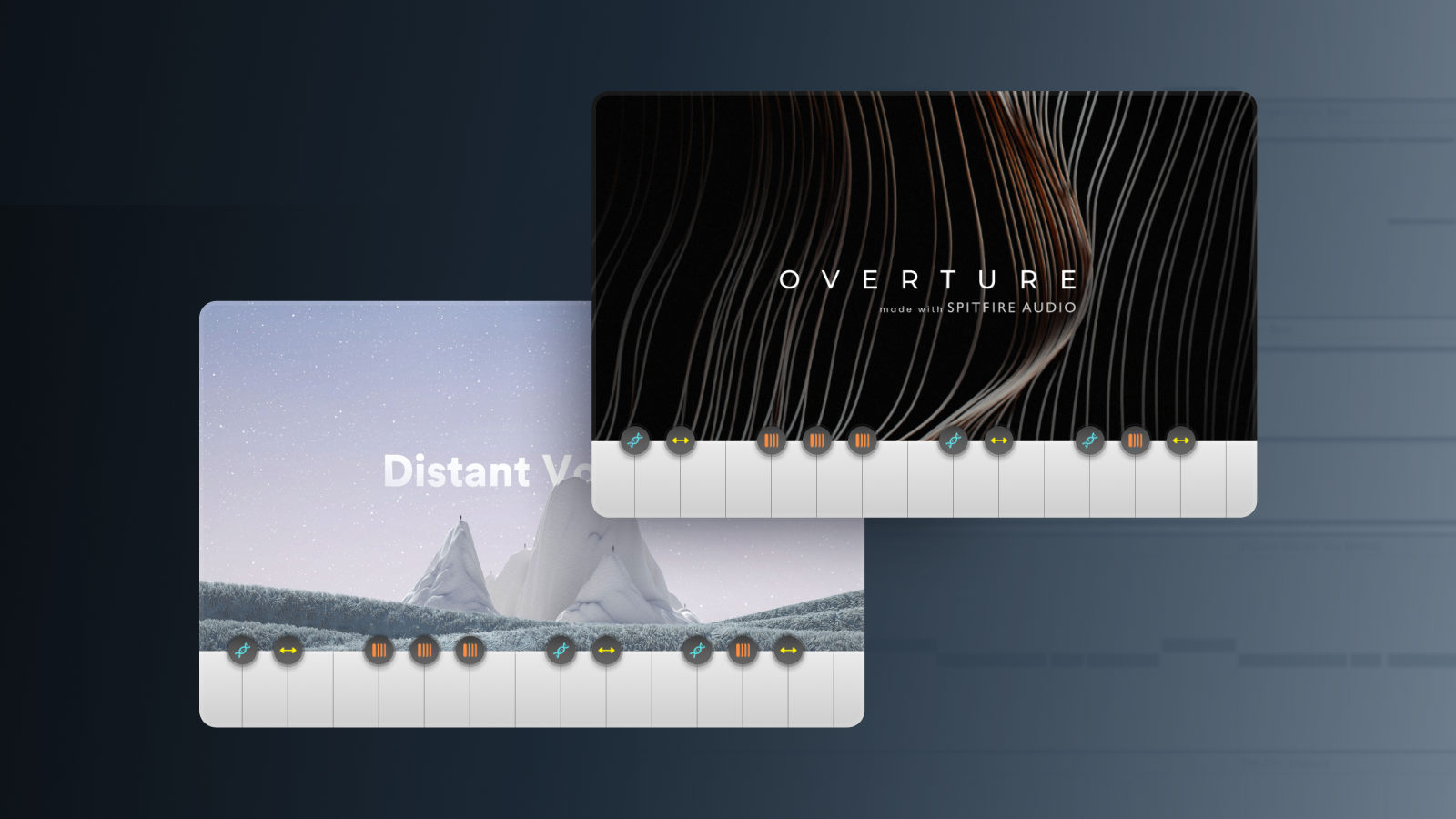When some artists take you into their studio, they show off their gadgets and toys. When we spoke with Kiran Gandhi, an Indian-American producer, and musician who performs as Madame Gandhi. She dazzled us with her philosophies, beliefs, and insights.
Her abridged resume
I have drummed for M.I.A., Thievery Corporation, TV on the Radio, Krewella, Kehlani, and for Amber Coffman of Dirty Projectors.
The freedom of drums
When I discovered the drums, it was liberating. It was liberating because it didn’t matter whether you hit this cymbal or that cymbal, or if you wanted to hit this floor tom versus the rack tom, it was your own self-expression. And I also understood at a young age, I wanted to make it my own instead of trying to be somebody else’s style. I want it to say what really resonates with me. What makes me dance? What makes me feel happy? Those are the rhythms that I want to learn.
How Madame Gandhi creates her original music
If you listen to anything that’s a rough sketch in my Ableton Live right now, it’s always me just quickly putting a click [track] on and then recording a drum concept and a vocal concept and [then] just go. It’s cool because that’s someone being like, “Whoa, this is her real personality. This is her real emotion.”
And then, “We’re going to build the rest of the electronic sounds and the more neat and clean-sounding things around that.” But that’s how I like to start.
I love going into sound banks in ARCADE and pulling different diegetic sounds that exist in the pack, but then reversing them or adding a filter or putting on an echo or a delay that makes them sound like something completely different. Being free and not really believing that there are any rules are very important to how I make my music.
Madame Gandhi’s first gig was in front of tens of thousands of people
I remember being at Georgetown University [and] every Wednesday they would have a reggae band play. And after weeks of me coming regularly, the conga player noticed that I would always be watching him. After a while he picked up on it and was like, “You want to just come and play? Do you want to sit in?” When that happened, I started sitting in very regularly.
That band happened to be the touring band for a very well-known set of DJs called Thievery Corporation. Thievery Corporation needed to fill their percussionist’s slot for one show. The percussionist couldn’t make it. So I asked, “What is the gig?” And they said, “It’s Bonnaroo.” I ended up playing my first show as a professional drummer at age 21 at Bonnaroo to one of the biggest audiences in the world.
How Madame Gandhi got to play with M.I.A.
My first job out of college was at Interscope Records. At the time M.I.A. was signed to Interscope and she was getting ready to put out her next record. In a leap of bravery, I [talked to] the group who was planning her record in a marketing meeting. I said, “Listen, M.I.A. could really use a drummer in her next live show.”
One of the product managers in the room, a badass woman executive, looked at me and was like, “All right Kiran, send me a video and we’ll pass it along.” [M.I.A.] saw the video and decided to book me for her 2013-14 tour.
The toughest part about working out to modern electronic music
It’s challenging to translate a radical spirit into music. It’s challenging because I do have an academic background. So, how can you avoid sounding like a lecturer and like an academic in music? [I just want] people to turn up and have a good time.
I go to the boxing gym. I go to CrossFit. I love to run, but all of the fitness music is this EDM and trap that is so misogynistic and so violent towards us in female bodies and femme positions that I often say, “I don’t want to turn up to the sound of my own oppression while I’m trying to just have a good time.” But I also am not here to tell other people how to make their art and how to express their own walk of life and creativity. I am here to provide an alternative.
What Madame Gandhi’s music is really about
I think my work is teaching people about love energy. Sometimes people will reduce feminism to a man-hating battle of the sexes-type energy. And it’s quite ironic because that’s exactly the reductive thing that feminism itself seeks to dismantle.
Feminism is loving. It’s empathetic. It’s aware. It’s joyful. It seeks to destroy hierarchy and the assumption that hierarchy is even required to function in this Earth, that for some to win, others have to lose. This is merely an assumption that’s wrong.
Instead of things being stressful and brute force and aggressive and violent and loud as a source of power, what if instead we said: Power is how compassionate you are. Power is how calm and centered you are. Power is how peaceful you are. Power is how empathetic you are. Power is how you’re able to express something that somebody else might not be able to express.
How powerful are these things? Music is such an effective way to teach these things because music itself is gentle. You can change the channel if you don’t like it. It’s not forcing you to do something.
If you feel inspired to start making tracks but don’t have a drum kit quite yet, ARCADE is filled with hundreds of percussion samples to get you started.



